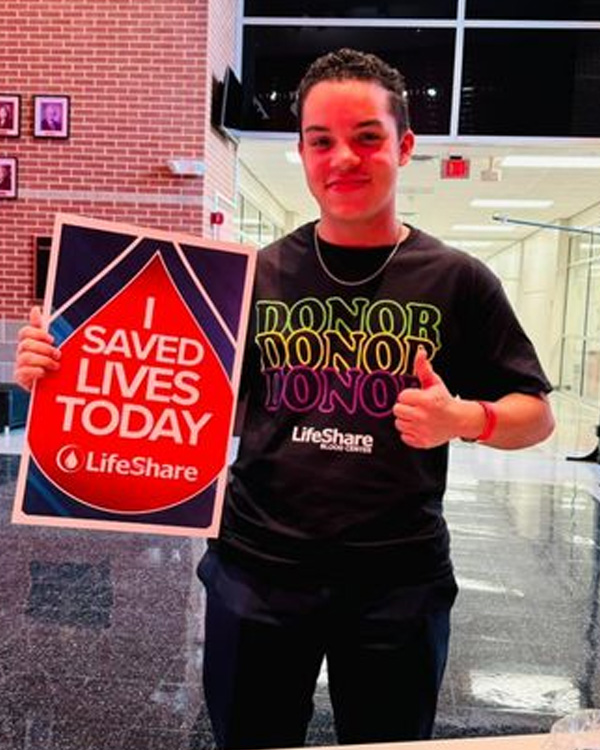
Who can give blood?
Anyone, 16 years of age or older, weighing 110 pounds or more, is likely eligible to donate. Most people can donate even if they are taking medication, have diabetes, or are a cancer survivor.
Any donor that is 16 must provide parent or guardian permission via the minor donor permit form. Donating blood is an easy way for younger blood donors to show school pride and significantly help the communities in which they live. Becoming a volunteer blood donor at an early age helps establish a lifelong commitment to community service and saving lives. And added benefit to high school donors is the opportunity to earn an honor cord through the LifeScholar Program.
Some people may be temporarily or permanently prevented from donating blood due to certain health conditions. If you have a question about your eligibility to donate, please contact us. If you have been previously deferred from giving blood by LifeShare, or were told by LifeShare you were ineligible due to a deferral that was applied to your donor record, please submit a reinstatement form for further review.
Many patients undergoing Testosterone Replacement Therapy (TT) and those with Hereditary Hemochromatosis (HH) or other blood conditions may need a procedure called therapeutic phlebotomy. These conditions can result in the production of too many red blood cells, in which case therapeutic phlebotomy may be prescribed as a treatment.
What is the donation process like?
Understanding Red Cells, Platelets, & Plasma
Blood and blood components are an intricate part of the health care system. Most donations are collected as whole blood. Whole blood transfusions are used in some cases; however, most collected whole blood is broken down into its core components.
Red Blood Cells
Red blood cells are used to treat trauma, sickle cell disease, low red cell counts like anemia, and in support of routine surgery.
Platelets
Platelets are used to stop bleeding, treat cancer patients whose platelet counts are compromised by tratment plans, or in the treatment of bleeding disorders.
Plasma
Plasma is commonly used to treat trauma involving loss of large blood volume, burn vicftims, and patients suffering from clotting factor deficiencies.
What should I give based on my blood type?
When you arrive for your donation, LifeShare staff will recommend a donation procedure that is best suited to your blood type and current patient needs. Giving the right type of donation helps ensure the greatest impact of your life-saving gift. General donation preferences by blood type are outlined below.
A+
- Platelets
- Plasma
- Whole Blood
About 32% of the population has an A+ blood type, making it the second most common blood type.
A-
- ALYX Red Cells
- Whole Blood
- Platelets
About 6% of the population has an A- blood type.
B+
- ALYX Red Cells
- Whole Blood
- Platelets
About 11% of the population has a B+ blood type.
B-
- ALYX Red Cells
- Whole Blood
- Platelets
About 2% of the population has a B- blood type, making it the second rarest blood type.
AB+
- Plasma
- Platelets
- Whole Blood
About 4% of the population has an AB+ blood type.
AB-
- Plasma
- Platelets
- Whole Blood
With only 1% of the population having an AB- blood type, this makes it the rarest blood type.
O+
- ALYX Red Cells
- Whole Blood
- Platelets
About 39% of the population has an O+ blood type, making it the most common blood type. This means it is in high demand because it is transfused most often.
O-
- ALYX Red Cells
- Whole Blood
- Platelets
About 7% of the population has an O- blood type. O- is in high demand because it is considered the universal donor and can be given to anyone in need.
I don't know my blood type
Don’t know your blood type? No problem! In fact, giving blood is a great way to find out. First-time blood donors will receive a donor ID card in the mail with their blood type after their donation. If you don’t know your blood type, you will most likely be asked to give a whole blood donation for your first time.
How do I prepare for my upcoming donation?
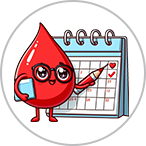
Find a convenient time & location that works best for you.
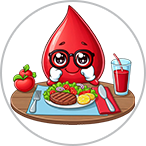
Eat iron-rich foods, such as red meat, fish, poultry, beans, or spinach, prior to your donation.

Get a good night’s sleep the night before your donation, eat healthy foods, and drink extra liquids.
What should I do on the day of my donation?
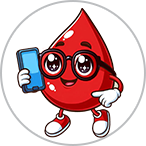
To expedite your donation, start your
DonorPass on the day of your appointment.
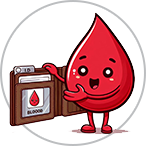
Please bring your donor card, driver’s license, or two other forms of ID.

We’ll need to know about all prescription and over-the-counter medications you’re taking.
Additional tips for the day of your donation:
- Drink an extra 16 oz. of water before your appointment.
- Eat a hearty meal before and after your donation.
- Wear a shirt with sleeves that allows easy access to your arms.
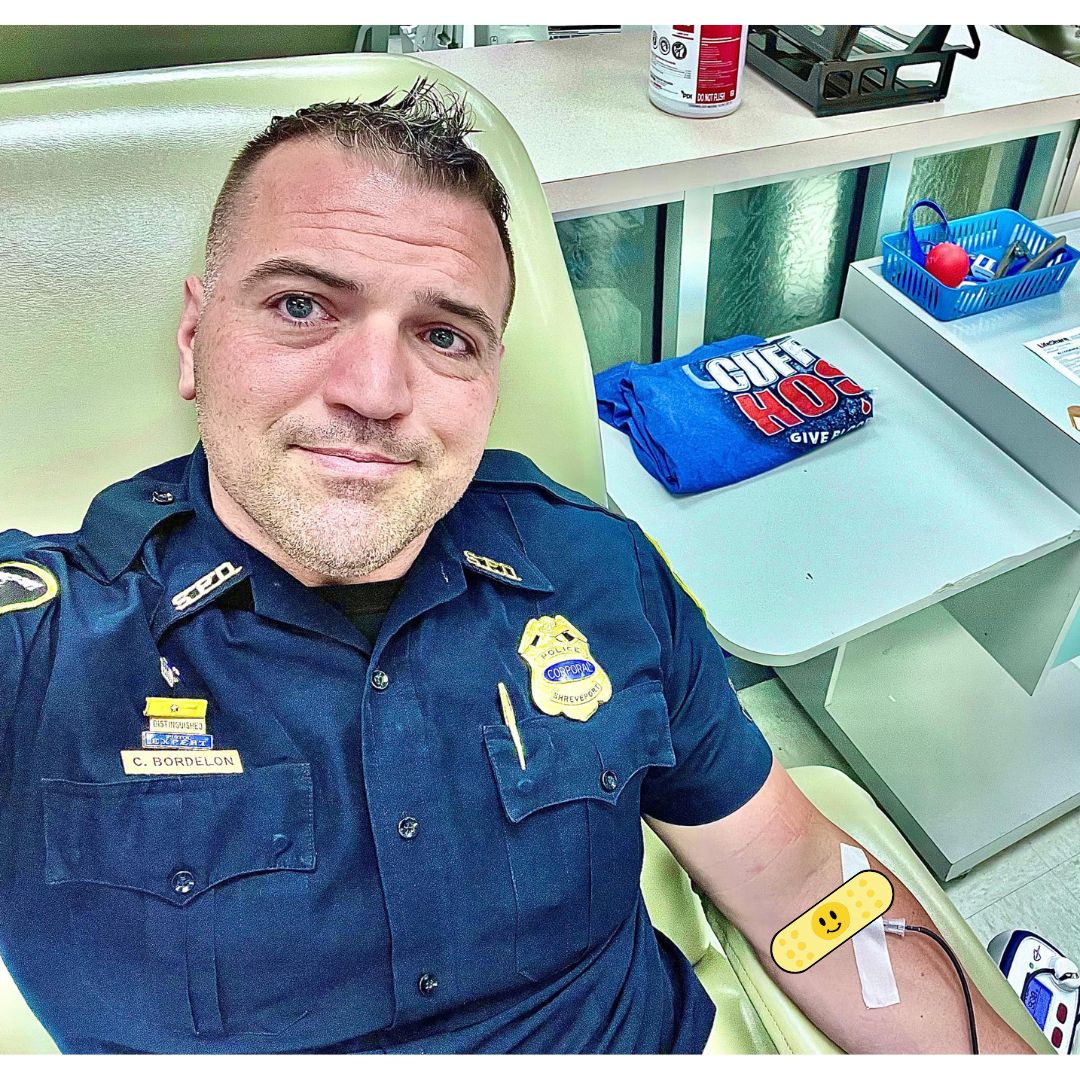
What do I do after my donation?

Relax for a few minutes in our refreshment & recovery area — have some cookies or other snacks — you’ve earned it!

The gratification of giving blood is a feeling you’ll want to share.
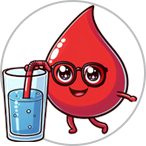
Drink an extra four (8 oz.) glasses of liquids and avoid alcohol over the next 24 hours.
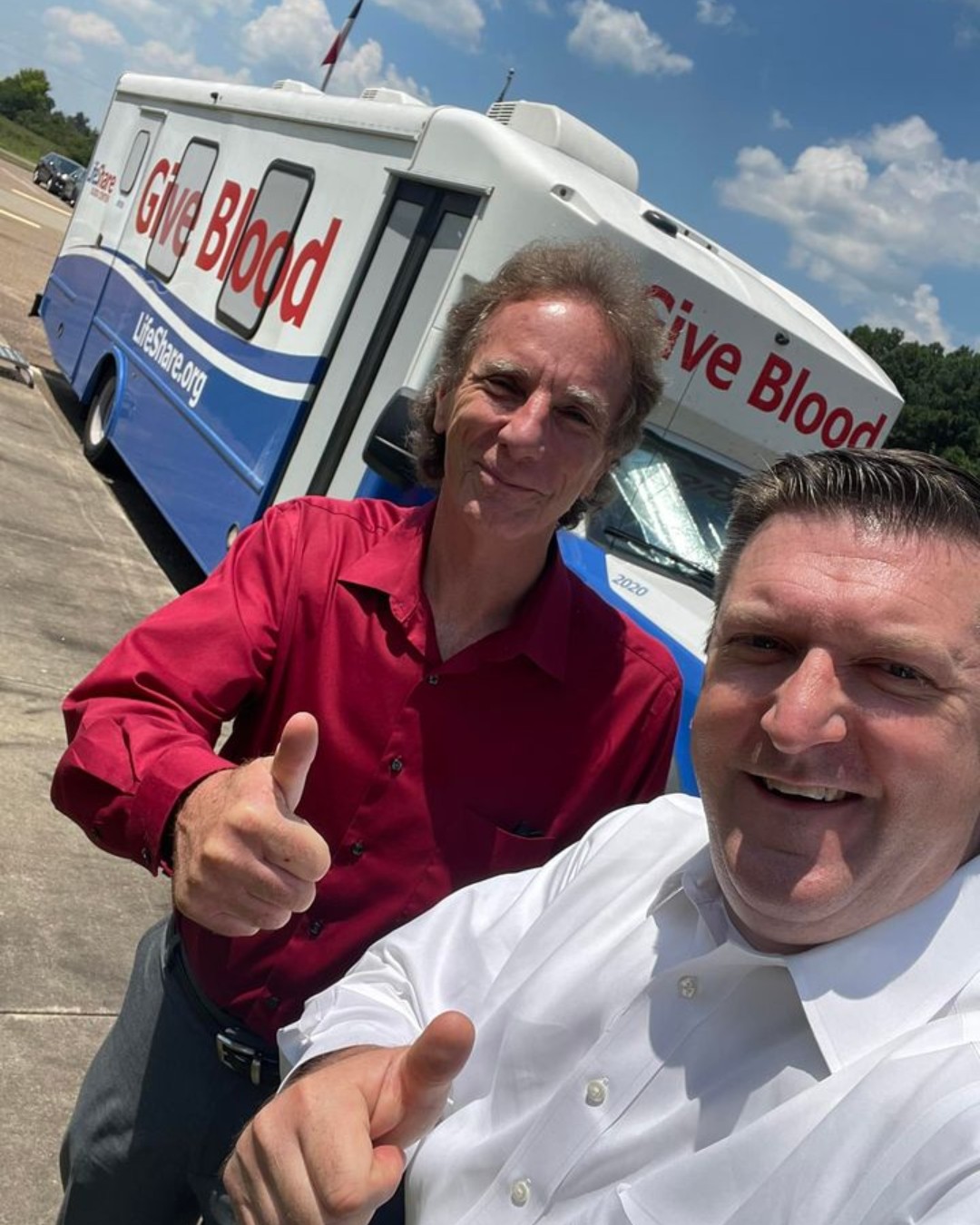
Additional tips for after your donation:
- Keep the strip bandage on for the next several hours.
- Don’t do any heavy lifting or vigorous exercise for the rest of the day.
- If the needle site starts to bleed, apply pressure and raise your arm above your head for 5-10 minutes or until bleeding stops.
- Call us to report any additional health information that you forgot to tell us, if you have any problems, or if you needed medical care after giving blood.
- If you experience dizziness or lightheadedness, stop what you’re doing and sit or lie down until you feel better; avoid performing any activity where fainting may lead to injury for at least 24 hours.
Still have questions?
Ready to impact lives in your community?
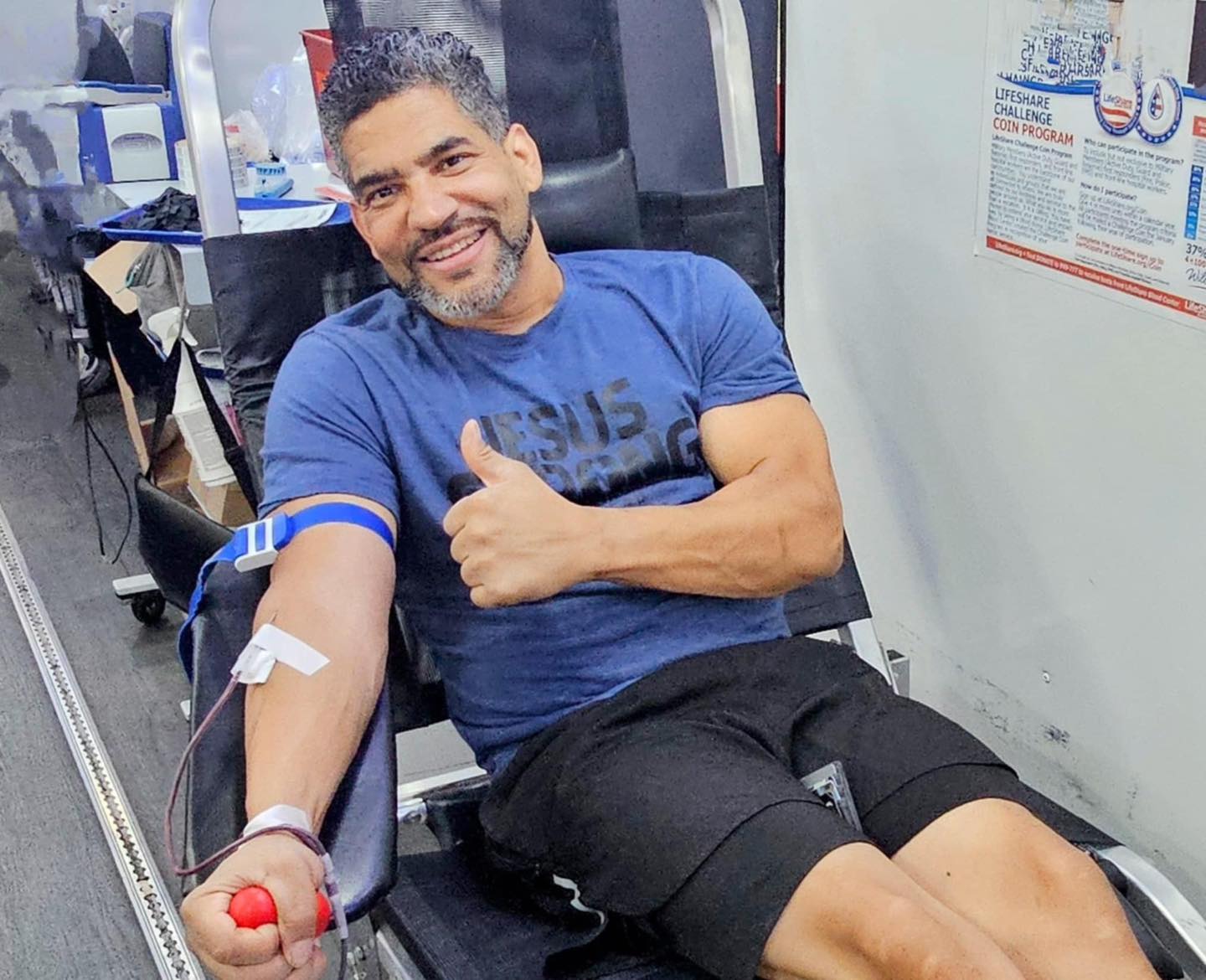
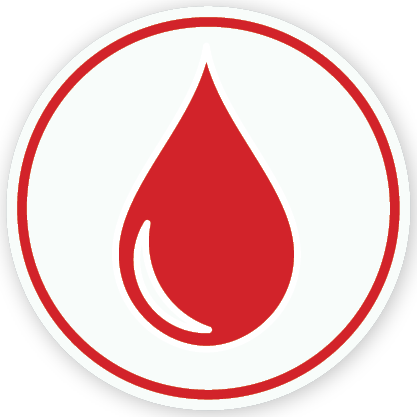
Whole blood donations are the oldest form and most traditional type of donation. Most whole blood is processed into its core components: red cells, platelets, and plasma.
The most frequently donated blood product is whole blood. With this donation, 1 unit of blood is drawn from the donor and later processed into separate components (red cells, platelets, and plasma). This donation takes approximately 45 minutes to an hour and you can donate every 56 days. Red cells expire after 42 days but most blood products are used within 3 days of the donation.
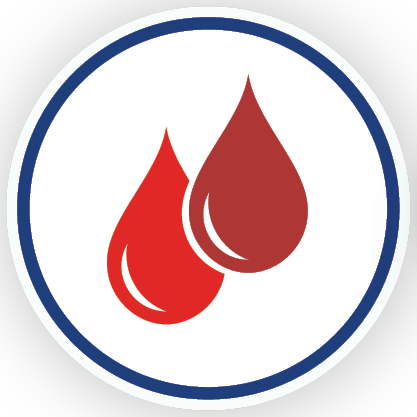
ALYX donation is a process where a donor gives 2 units of red blood cells.
Sometimes, especially with blood types in high-demand, you’ll be asked if you’re interested in donating a double red, or ALYX, donation. This is a process that allows a donor to give 2 units of red blood cells during 1 donation while returning their plasma and platelets to them through the same arm. Donors must meet height/weight requirements to be eligible for this type of donation. This donation takes approximately 1 hour and 15 minutes and you can donate every 112 days

Platelets are the cells that circulate within our blood and bind together when they recognize damaged blood cells.
Platelet donation is a process where blood is drawn and passed through an automated cell separator. The separator collects the platelets and safely returns the remaining blood components to the donor’s arm. This process takes approximetly 2 hours and 20 minutes and you can donate every 14 days with a maximum of 24 donations per year. Platelets expire after only 7 days, which makes regular donations crucial.

Plasma is the liquid component of blood that transports cells, proteins, hormones, and vitamins. Your plasma contains proteins which defend our bodies against invaders and help blood to clot.
Plasma donation is a process where whole blood is removed from the donor’s arm and separated into red blood cells and plasma by a machine. The red blood cells are then returned to the donor and the plasma is retained for use. This process takes approximately 1 hour and 15 minutes and you can donate every 28 days. Plasma expires after 1 year in cold frozen storage.
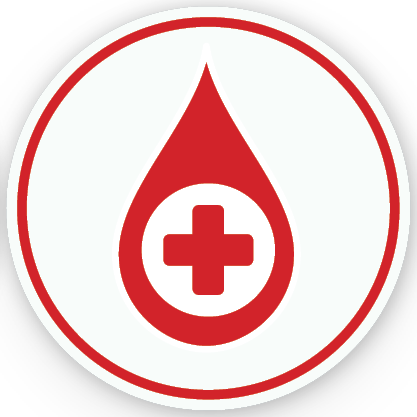
Therapeutic Phlebotomy is a procedure that is prescribed by a physician for a patient as part of a treatment of various medical conditions associated with accumulation of excess iron in the body. Therapeutic Phlebotomy at LifeShare requires a Physician Order be submitted.